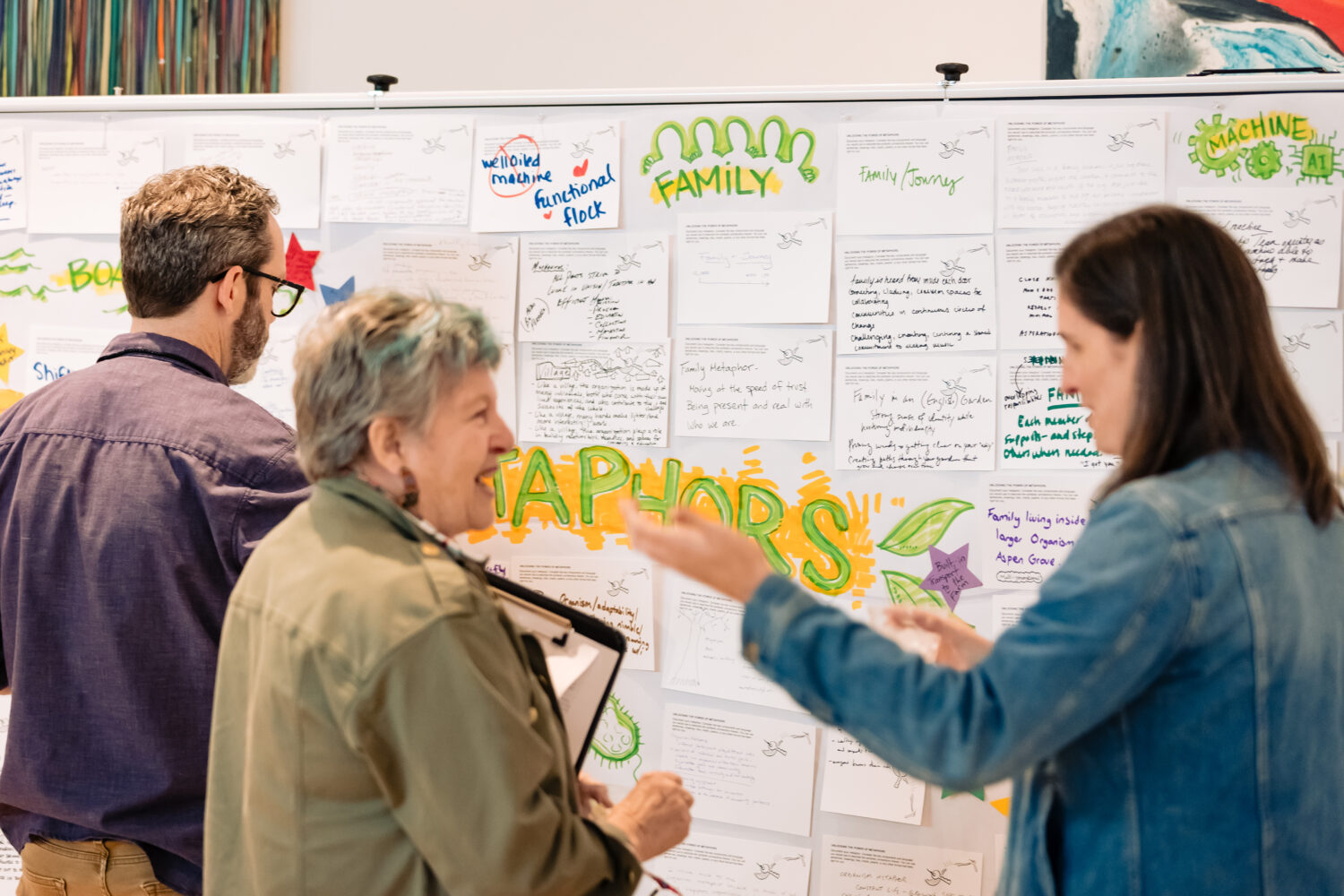Two young fish are swimming along and they happen to meet an older fish swimming the other way who nods at them and says “Morning boys. How’s the water?” And the two young fish swim on for a bit and then eventually one of them looks over at the other and goes “What the hell is water?”
This parable is from a 2005 commencement speech at Kenyon College by David Foster Wallace the late author. “The point of the fish story,” Wallace went on to say, “is merely that the most obvious and important things are the hardest to see and talk about.”
In the midst of a commencement of sorts of my own at the Barr Foundation, I have been reflecting on the incredible opportunities facing organized philanthropy today. Recalling Wallace’s words, I have also been thinking about one of those obvious, important, hard-to-see, hard-to-talk-about aspects of our work that may well be our biggest obstacle to realizing those opportunities—namely, our culture, or what Wallace describes as our “default settings.”
In an op-ed appearing earlier this week in The Chronicle of Philanthropy, I draw attention to four of these “default settings” that I think most hinder progress in our field, including:
- Obsessing over the new (and neglecting the tried and true)
- Too rigid a reliance on models and metrics
- Going it alone
- Focusing inward
For each of these I also propose a default setting reset for philanthropy to better meet the pressing challenges of our times.




